Science Talk
With our Science Talk blog, we hope to lift the lid on the black box that is the ICR: to show you inside our labs, to introduce you to a few of the people here who make the discoveries, and to allow them to tell some of the stories behind the science. We try to put our discoveries in a wider scientific context, and give an idea of how our science is actually done. We also give you the view from the ICR of important developments in the wider world of cancer research.
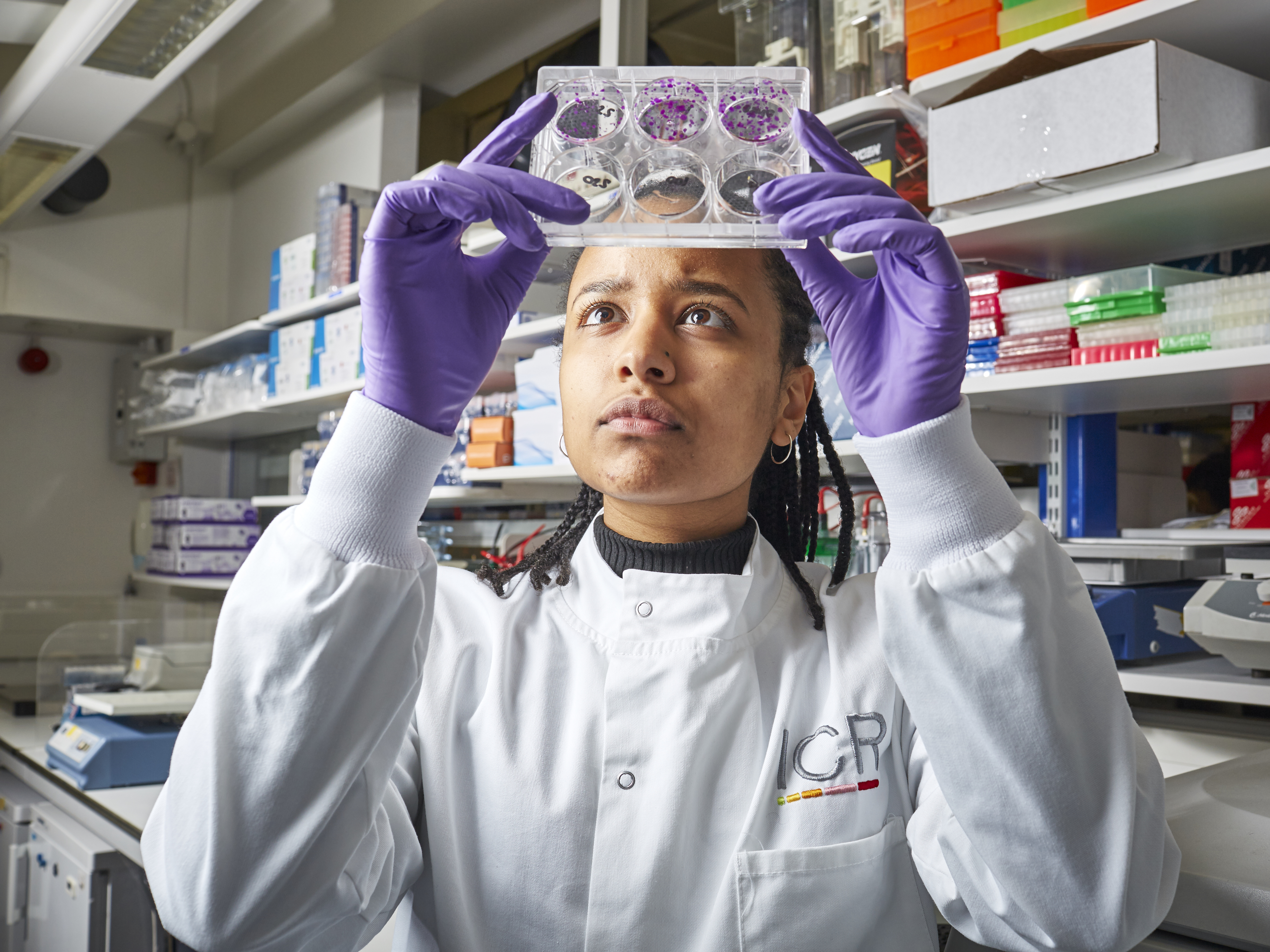
The year 2035: What is the future of cancer research and treatment?
The Covid-19 pandemic has accelerated many changes in cancer research, and shown we can do things in radically different ways – as we heard at a series of ‘Year 2035’ talks at this year’s National Cancer Research Institute (NCRI) Festival. Here we take a look at three key themes emerging from these talks: the challenges of adapting cancer treatment for an ageing population, the importance of equality and diversity, and clinical trials in a post-Covid world.
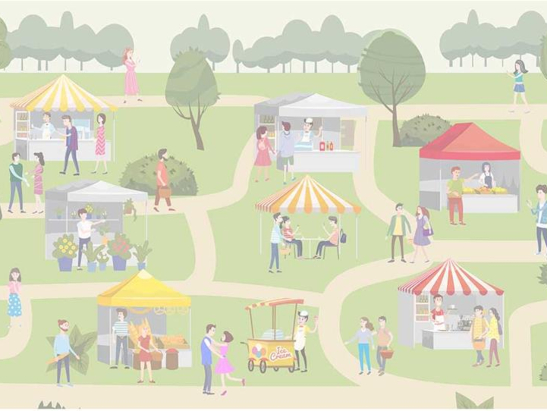
NCRI 2021: Cancer researchers reconvene virtually for UK’s largest cancer conference
We highlight the ICR science being presented at this year’s virtual NCRI Festival.
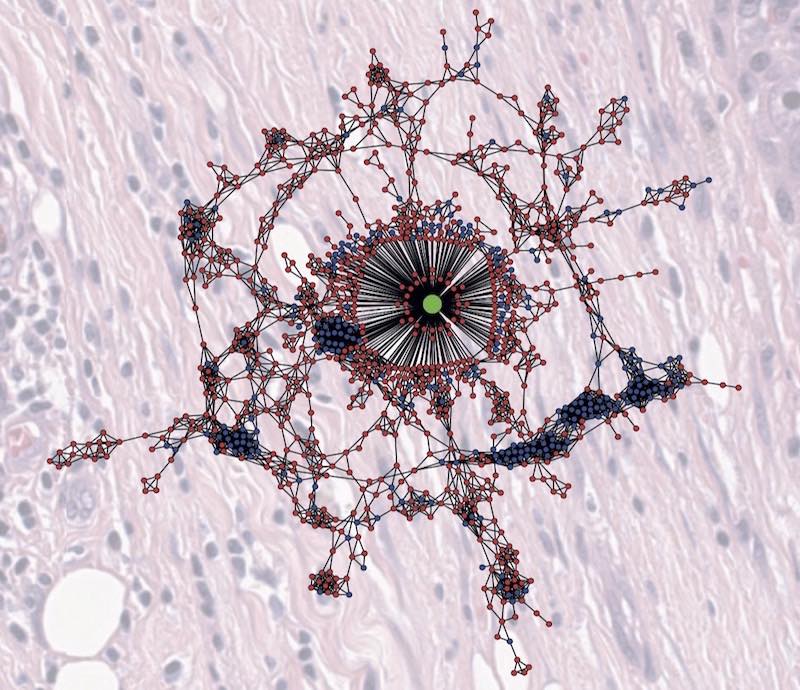
Digital pathology: how our scientists are part of a revolution in cancer diagnosis and treatment
National Pathology Week celebrates the important contribution pathologists make to healthcare. At The Institute of Cancer Research, we’re pioneers in a new field called digital pathology – that’s set to transform the way cancer is diagnosed and treated, using sophisticated computing tools and artificial intelligence to uncover crucial clues about tumours.
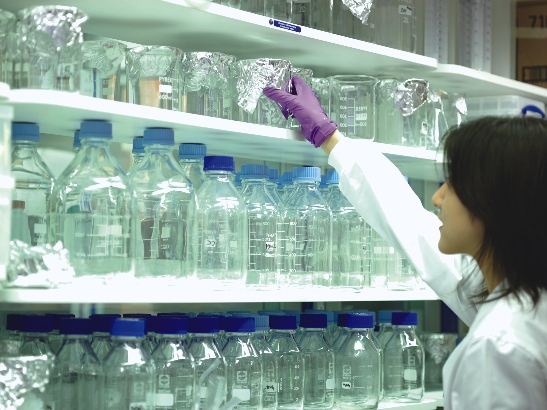
Safeguarding our research for the future: how the ICR is greening its labs
Ahead of the UN Climate Change Conference (COP26) in Glasgow, Graham Shaw looks at some of the ways ICR researchers are helping to reduce waste and lower their carbon footprint.

Clinical trial statistics: so much more than analysis
For World Statistics Day Graham Shaw spoke to Dr Jan Rekowski from the ICR’s Clinical Trials and Statistics Unit. He shared advice on getting into medical statistics and explained how statistics helps to generate meaningful data and provide far more than just analysis.
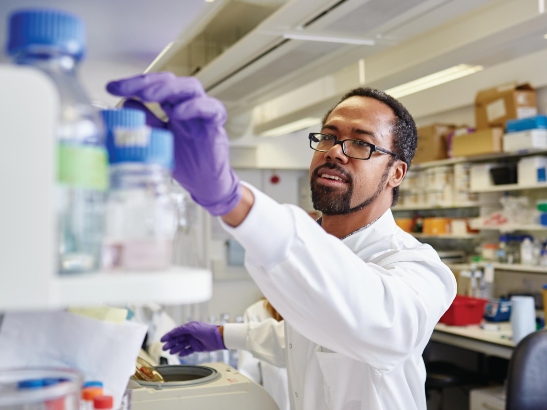
#BlackinCancer: Reaching communities most affected by prostate cancer
For Black in Cancer Week, our Science Communications Officer Juanita Bawagan spoke to Dr Michael Ranes about the importance of diversity in cancer research for science and society.
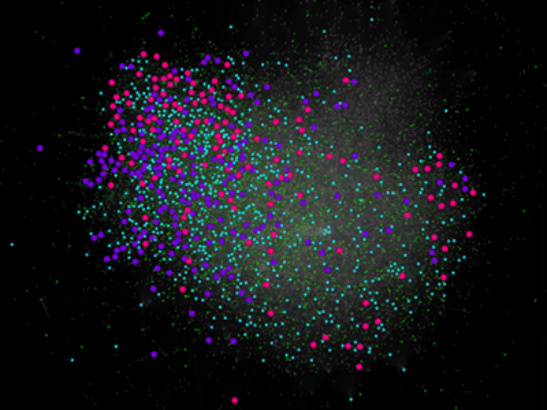
Unravelling the proteome: how we can use proteomics to understand and treat rare cancers
Dr Paul Huang is using proteomics as part of his ongoing research into sarcomas. Diana Cano talked to him to find out how why it is important to understand the protein machinery that drives this cancer type.
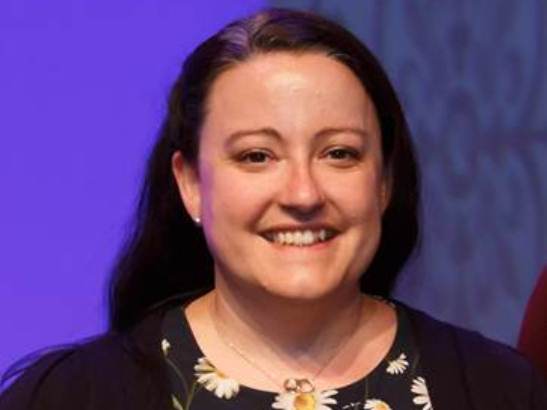
Blood Cancer Awareness Month 2021: Meet a blood cancer researcher
We interview Charlotte Pawlyn, one of our top blood cancer researchers. Find out the ins and outs of the life of a scientist, the latest discoveries in the laboratory, and how patients help direct Charlotte's research into kinder, smarter therapies.
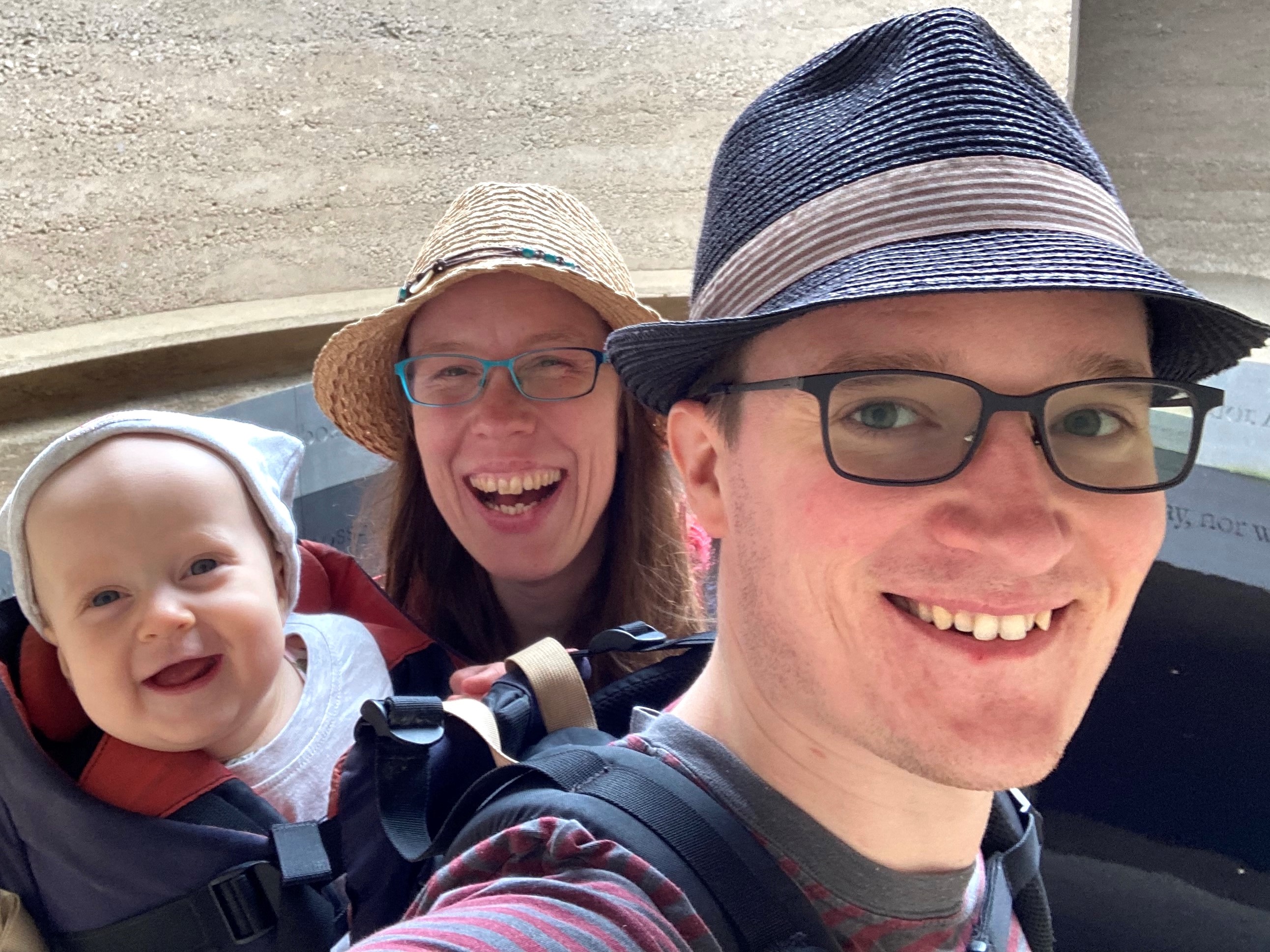
The Lost Tribe: Improving the lives of young adults with cancer
Caught between child and adult care, young adult cancer patients have been described as a 'lost tribe'. In this blog, Juanita Bawagan speaks to patient and researcher Sam Beardsworth and Staff Scientist Dr Olga Husson about the unique challenges that young adults with cancer face.

Blood Cancer Awareness Month 2021: Recent advances in blood cancer research at the ICR
Worldwide, more than one million people are diagnosed with blood cancer each year. For Blood Cancer Awareness Month, our Communications Administrator Molly Andrews looks back at some recent developments in blood cancer research at the ICR.

Ambassadors of change: how our students are driving innovation and diversity
As we mark our annual Teaching Week – celebrating our students’ contribution to life here at The Institute of Cancer Research – our Registrar Dr Barbara Pittam describes how our students play a central role in both our world-leading cancer research and creating a diverse, inclusive culture.

“I’m 33 years old, and there’s still so much I want to do” - Kate's story
Kate Parker was diagnosed with stage 4 bowel cancer just before her 30th birthday. She tells us what more treatment options mean for her.

“There was a lot of joy, and a lot of living got done” - Hilary's story
Hilary Morgan kindly shared the story of her husband, Tim, to support our bowel cancer fundraising appeal. Tim was diagnosed with advanced bowel cancer at the age of 43. Here, Hilary tells us more about how pioneering treatments gave him a chance to live.

ASCO 2021: ICR research makes an impression at virtual cancer conference
The ASCO Annual Meeting took place virtually over the weekend, with many ICR researchers attending and presenting abstracts. Here we look back over some of the highlights of this year’s meeting.
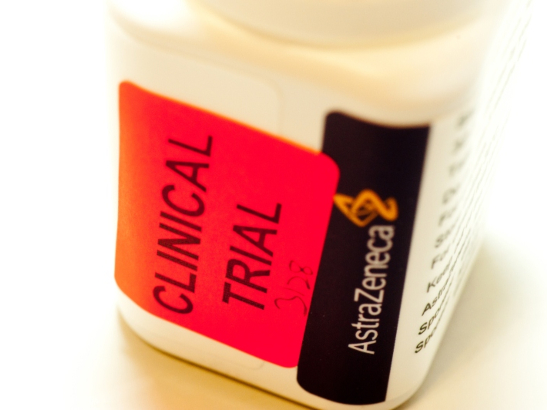
ASCO 2021: The science behind olaparib’s promise shown in the OlympiA early breast cancer trial
The OlympiA trial results show the benefits of a targeted drug in patients with early-stage breast cancer and inherited BRCA mutations. We spoke to Chair of the OlympiA steering committee Professor Andrew Tutt about the landmark ICR research that underpins this major breakthrough.

ASCO 2021: Global cancer researchers reunite virtually
We look ahead at some of the highlights that scientists from The Institute of Cancer Research will be presenting at this year’s virtual edition of the ASCO Annual Meeting.
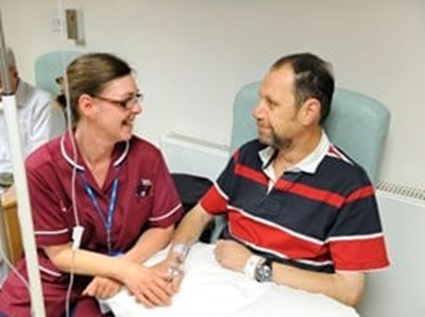
Listen to the patient: International Clinical Trials Day 2021
Professor Christina Yap is Team Leader in Early Phase and Adaptive Trials within our Clinical Trials and Statistics Unit (ICR-CTSU). Her work on clinical trial design involves rethinking conventional procedures to make trials more efficient and outcomes more relevant for patients.
On International Clinical Trials Day 2021, Gege Li spoke to Professor Yap to find out more about one change that could improve how we uncover adverse symptoms in cancer patients.

Shining new light on immunotherapy for breast cancer
Research shows some breast cancer types may benefit from immunotherapy, but new trial designs are needed to evaluate this potential.
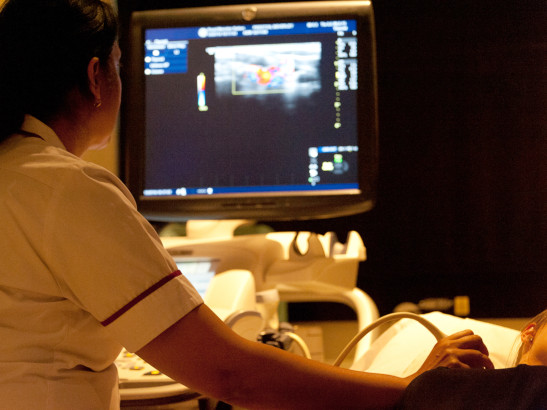
International Medical Physics Week 2021 – how the ICR has pioneered ultrasound research to study and treat cancer
Physics plays an important role in cancer research, and in helping to understand and treat the disease. To mark International Medical Physics Week, Graham Shaw discussed pioneering ultrasound research with two of The Institute of Cancer Research’s leading Medical Physicists, Dr Emma Harris and Professor Jeffrey Bamber.

DNA Day: How we’re turning the tables on cancer
DNA damage is the underlying cause of cancer – but it is also a key weakness in cancer cells that can be exploited for treatment. This DNA Day, we highlight scientists at the Institute of Cancer Research who are exploring how cancer cells repair damage to their DNA to understand more about how cancers develop, and to uncover new ways to treat the disease.